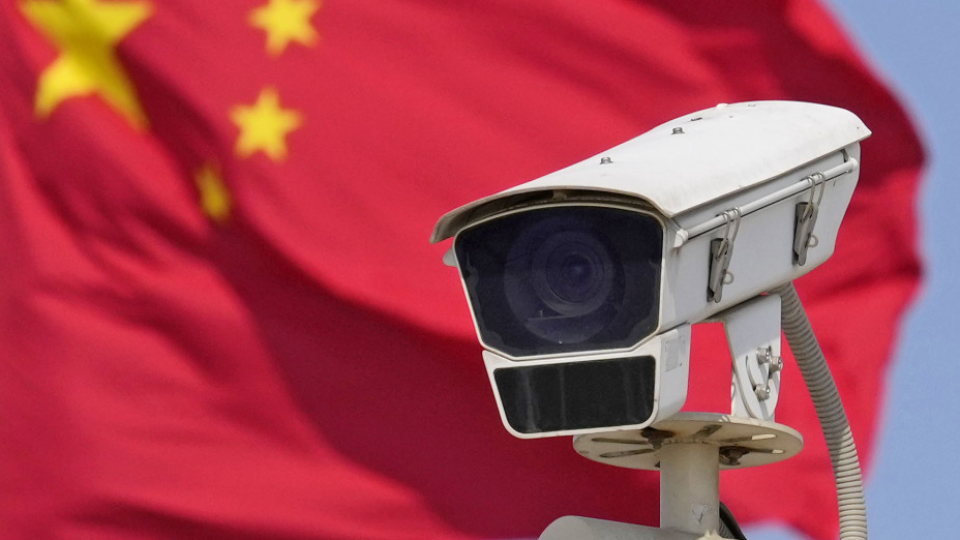- China implemented new regulations on Monday under its toughened counterespionage law, which enables authorities to inspect smartphones, personal computers and other electronic devices, raising fears among expatriates and foreign businesspeople about possible arbitrary enforcement.
- A Japanese travel agency official said the new regulations could further prevent tourists from coming to China. Some Japanese companies have told their employees not to bring smartphones from Japan when they make business trips to the neighboring country, according to officials from the companies.
The new rules, which came into effect one year after the revised anti-espionage law expanded the definition of espionage activities, empower Chinese national security authorities to inspect data, including emails, pictures, and videos stored on electronic devices.
Such inspections can be conducted without warrants in emergencies. If officers are unable to examine electronic devices on-site, they are authorized to have those items brought to designated places, according to the regulations.
It remains unclear what qualifies as emergencies under the new rules. Foreign individuals and businesses are now expected to face increased surveillance by Chinese authorities as a result of these regulations.
A 33-year-old British teacher told Kyodo News at a Beijing airport Monday that she refrains from using smartphones for communications. A Japanese man in his 40s who visited the Chinese capital for a business trip said he will “try to avoid attracting attention” from security authorities in the country.
In June, China’s State Security Ministry said the new regulations will target “individuals and organizations related to spy groups,” and ordinary passengers will not have their smartphones inspected at airports. However, a diplomatic source in Beijing noted that authorities’ explanations have not sufficiently clarified what qualifies as spying activities.
Last week, Taiwan’s Mainland Affairs Council upgraded its travel warning for mainland China, advising against unnecessary trips due to Beijing’s recent tightening of regulations aimed at safeguarding national security.
In May, China implemented a revised law on safeguarding state secrets, which includes measures to enhance the management of secrets at military facilities.



First, obviously this is not good. Secondly, if anyone is complaining about this from the USA, you don’t get to. CBP has the right to inspect your electronics with no questions asked by you. They have a right to make a copy of all data. They have a right to seize your electronics and decrypt them if you fail to provide the encryption pin. They have the right to compel you to unlock and decrypt your devices if it uses fingerprint or facial unlock. They have the right to revoke your residency status if you aren’t a citizen.
CBP has authority to do this at any sea, land, or air crossing. It also has the authority to do this within 100 miles of any border. That means about 70% of all Americans live their day to day lives within the scope of the exact same legislation. And yes it is used, all the time. If you think it isn’t, you’re just ignorant.
Not one single comment on this post has said anything about how America does not have this issue, or America at all for that matter. In fact, the only comments that are about a country other than china (you know… the country the fucking article is about) mentions how Australia’s border/customs do the same thing.
Do you realize we are allowed to discuss and criticize things around the world whether or not America is guilty of something similar right? Is it really necessary to immediately without any prompting regurgitate an ‘AMERICA DOES IT TOO!!!’ comment on any article with negative sentiment regarding a non-American power?
It becomes tiresome to read “Foreign Country is doing the EVIL THING! Rally around the burn pit and lets talk about how intrinsically bad their are!” when they learned this shit by watching every other western country do it first. Just feels like another edition of American Exceptionalism and hysterical far-right xenophobia.